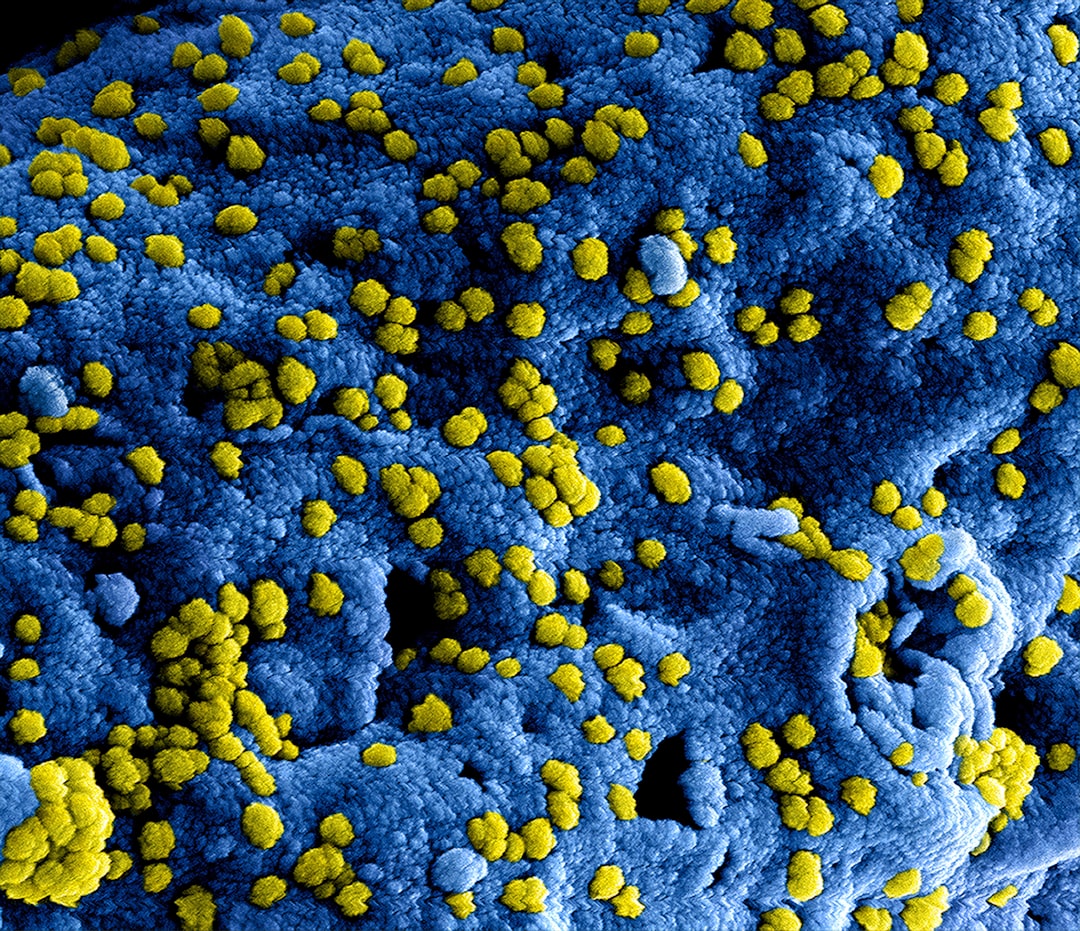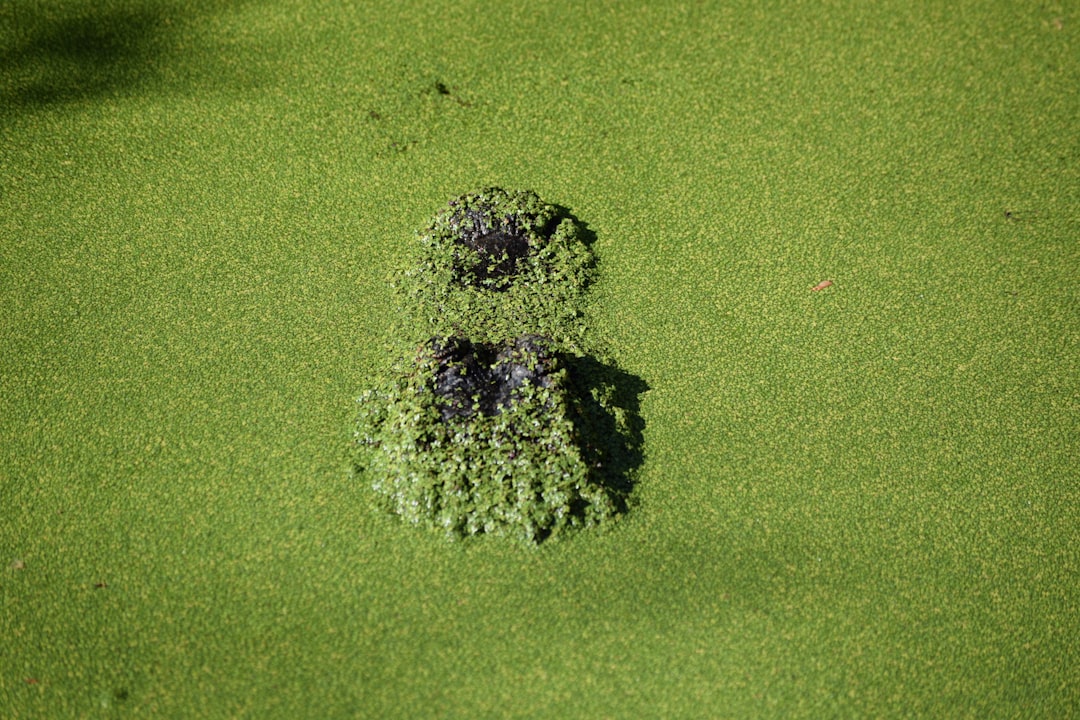What is it about?
The role of inducible defenses on community and ecosystem dynamics, including possible trophic cascade effects is poorly understood. We examined the effect of predator presence and absence and shrimp phenotype (long rostrum versus short rostrum) on the foraging behaviour of X. elongata and on leaf-litter decomposition. Daytime foraging activities of long-rostrum shrimp, as well as leaf-litter processing by short-rostrum adult shrimp decreased in the presence of a predatory fish.
Featured Image
Why is it important?
This study provides evidence that predators have different effects on prey with morphological inducible defenses than prey without defesces and that these interactions may have critical consequences for other trophic levels.
Perspectives
Our research adds to the limited literature on the effect of predator-induced morphological defenses on trophic structure and function.
Dr Maria E Ocasio-Torres
Florida International University
Read the Original
This page is a summary of: Effects of the presence of a predatory fish and the phenotype of its prey (a shredding shrimp) on leaf litter decomposition, Freshwater Biology, August 2015, Wiley,
DOI: 10.1111/fwb.12654.
You can read the full text:
Contributors
The following have contributed to this page










